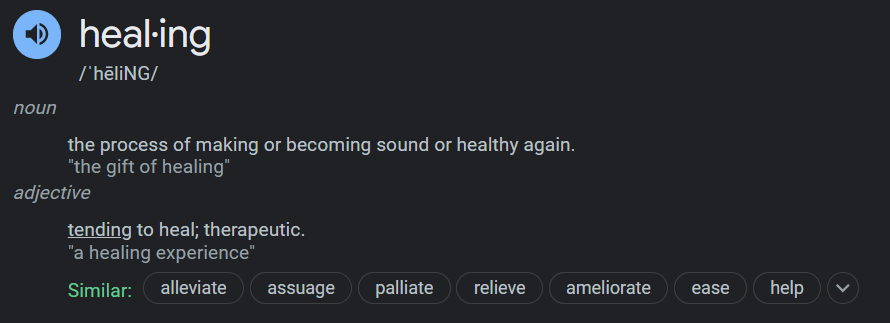Auto accidents can be traumatic experiences that leave both physical and emotional scars. While much attention is given to the physical recovery process, it’s equally important to address the emotional aftermath of a car crash. Emotional recovery after an auto accident is a unique journey, and it’s crucial to understand and acknowledge the impact it can have on mental well-being. In this article, we will explore various aspects of emotional recovery and provide practical tips to help individuals navigate the path towards healing.
Acknowledging the Emotional Impact
The first step in emotional recovery is acknowledging the emotional toll an auto accident can take. Whether it’s fear, anxiety, guilt, or even depression, it’s essential to recognize and accept these feelings as valid and normal reactions to a traumatic event. Denying or suppressing emotions can hinder the healing process.
Seek Professional Support
Just as physical injuries require medical attention, emotional wounds need care from mental health professionals. Therapists, counselors, or support groups specializing in trauma can provide a safe space to express feelings, process the experience, and develop coping mechanisms. Professional guidance can be invaluable in fostering emotional recovery.
Establish a Support System
Building a strong support system is vital during the emotional recovery journey. Surrounding oneself with understanding friends and family members can provide a sense of comfort and reassurance. Communicate openly about your feelings, and don’t hesitate to ask for support when needed.
Practice Self-Care
Taking care of one’s mental health is crucial for emotional recovery. Engage in activities that bring joy and relaxation, such as reading, spending time in nature, or practicing mindfulness exercises. Prioritize self-care to help alleviate stress and promote emotional well-being.
Set Realistic Expectations:
Recovery is a gradual process, and setting realistic expectations is key. Understand that healing emotionally may take time, and there might be ups and downs along the way. Celebrate small victories and be patient with yourself as you navigate through the healing process.
Face Fear and Anxiety Head-On
Auto accidents can leave individuals with lingering fear and anxiety, particularly related to driving. Gradual exposure and desensitization can be effective in overcoming these fears. Start with short, controlled drives and gradually increase the distance as comfort levels improve.
Reflect and Find Meaning
Reflecting on the experience and finding meaning in the aftermath of an auto accident can be a powerful tool for emotional recovery. This may involve identifying personal growth, increased resilience, or a newfound appreciation for life. Turning a traumatic event into a source of strength can contribute to a positive mindset.
Emotional recovery after an auto accident is a challenging journey, but with the right support and strategies, healing is possible. By acknowledging emotions, seeking professional help, building a strong support system, practicing self-care, setting realistic expectations, facing fears, and finding meaning in the experience, individuals can gradually move towards emotional well-being. Remember, healing is a personal and unique process, and everyone’s journey is valid.
Krystin Collins
Attorney at Law
krystin@krystincollins.com
713-775-0332
Or fill out this form and we shall get back to you!

